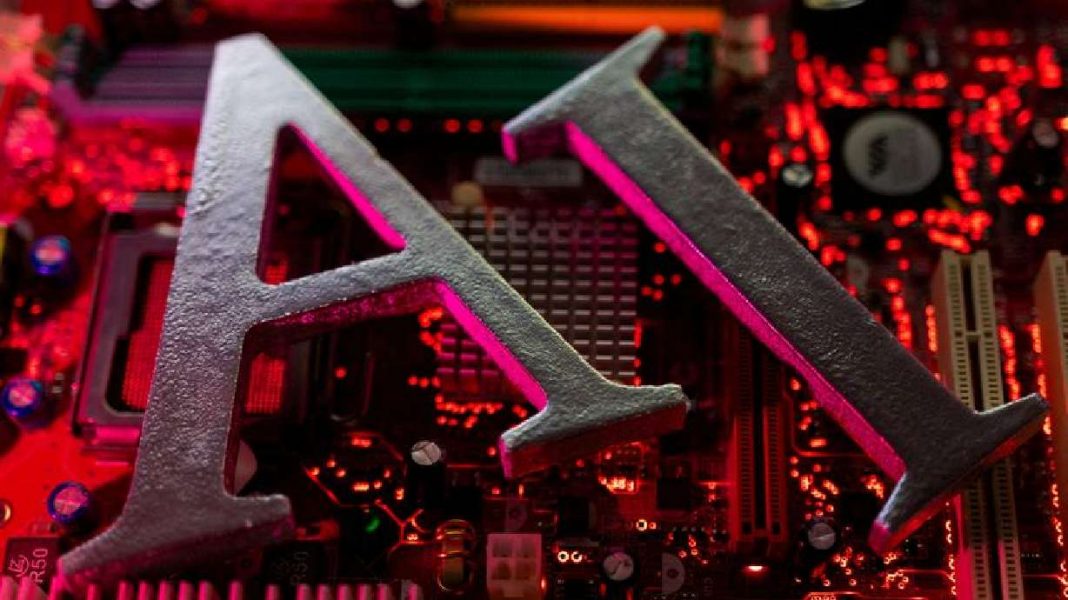WASHINGTON — After months of collaboration, the United States and more than a dozen other countries have unveiled the “first international agreement” focused on the safety of artificial intelligence. According to a senior U.S. official, this agreement aims to encourage companies to prioritize security in the design and development of AI systems.
In a 20-page document revealed on Sunday, the 18 countries pledged to ensure that AI remains safe and free from misuse for the public and customers. While the agreement is not legally binding, it outlines a set of general recommendations, including closely monitoring AI systems for any potential abuse, protecting data from tampering, and carefully vetting software suppliers.
For Jen Easterly, the director of the U.S. Cybersecurity and Infrastructure Security Agency, the fact that so many countries have come to a consensus on the importance of prioritizing safety in AI is a significant achievement. In an interview with Reuters, she stated that these guidelines represent a collective agreement that security should be the top priority during the design phase of AI systems.
This international agreement is just the latest in a series of efforts by governments around the world to shape the development of AI. Despite the lack of enforceable measures, it highlights the increasing influence of AI in various industries and societies.
Aside from the United States and Britain, other countries who have signed on to the guidelines include Germany, Italy, the Czech Republic, Estonia, Poland, Australia, Chile, Israel, Nigeria, and Singapore. The framework focuses on preventing AI technology from being hijacked by hackers and includes recommendations such as thorough security testing before releasing models.
However, the agreement does not address controversial issues related to AI, such as its appropriate uses or how data is collected to feed these systems. The rise of AI has sparked concerns about its potential negative impacts, such as possible interference in democratic processes, increase in fraud, and loss of jobs.
Europe has taken the lead in regulating AI, with lawmakers drafting rules for its use. Countries like France, Germany, and Italy have recently agreed on a regulatory framework that supports self-regulation through codes of conduct for AI’s core “foundation models” that can produce a wide range of outputs.
Meanwhile, the Biden administration has been pushing for AI regulation, but the highly polarized U.S. Congress has made little progress in passing effective legislation. In October, the White House issued an executive order aimed at addressing AI risks to consumers, workers, and minority groups while strengthening national security.
As the use of AI continues to grow and evolve, it is crucial to prioritize safety and ethics in its development and deployment. This international agreement serves as a reminder that the design phase of AI systems must prioritize security to prevent any potential harm.




This is a great initiative! It’s important to prioritize the safety and ethical considerations of AI technology.
Comment: As technology continues to advance, it’s crucial to have a global effort to ensure the safe implementation of AI. Excited to see what this coalition can achieve! #AIethics #innovation